Published in 2014 by The Rosen Publishing Group, Inc.
29 East 21st Street, New York, NY 10010
Copyright 2014 by The Rosen Publishing Group, Inc.
First Edition
All rights reserved. No part of this book may be reproduced in any form without permission in writing from the publisher, except by a reviewer.
Library of Congress Cataloging-in-Publication Data
Lusted, Marcia Amidon.
Money-making opportunities for teens who like to write/Marcia Amidon Lusted.First edition.
pages cm.(Make money now!)
Includes bibliographical references and index.
ISBN 978-1-4488-9386-7 (library binding)
1. AuthorshipVocational guidanceJuvenile literature. I. Title. PN153.L87 2014 808.02'023dc23
2012044920
Manufactured in the United States of America
CPSIA Compliance Information: Batch #S13YA: For further information, contact Rosen Publishing, New York, New York, at 1-800-237-9932.
Contents
>
W hen Christopher Paolini was only fifteen, he thought of a great idea for a fantasy novel. It was about a young farm boy named Eragon, who finds an unusual stone in the mountains. The stone is actually an egg, and a baby dragon eventually hatches from it. This sets into motion events that lead to a quest and a battle between good and evil.
Christopher, who was homeschooled, attempted to write the novel, but he got stuck after just a few pages. He spent the next two years learning everything that he could about the writing process. Then he returned to writing his novel. When he finished it in 2002, his parents decided to help him self-publish the book, titled Eragon. The family spent the next year promoting the book. They organized book signings and other events to get people to buy Eragon. They even attended Renaissance festivals, where they knew they would find people who liked to read fantasy. Christopher wore a costume and stood behind a table, talking about his book for eight hours at a time.
What happened next was pure luck. The popular author Carl Hiaasen was traveling through Montana and bought Eragon at a local bookstore. He gave it to his twelve-year-old son, who enjoyed it so much that Hiaasen recommended the book to his publisher, Random House, one of the largest publishers in the United States. In 2003, Random House published Eragon, and it became a best seller when Christopher was only seventeen.
Christopher Paolinis experience with writing and publishing may seem like it was caused by luck. But he was successful mostly because of hard work and the willingness to learn how to be a good writer. As a result, with three more books in the series after Eragon, he has made moneylots of moneydoing what he likes to do most: writing.

Christopher Paolini reads from his fourth novel, Inheritance. His hard work and willingness to learn about writing helped him succeed in the publishing world.
Making money through writing doesnt require selling a book to a big publishing house. There are many ways to make money through writing, and most of them are not nearly as difficult as what Christopher Paolini accomplished. Ethan L., eighteen, has been writing a regular column for Cobblestone magazine since he was in fifth grade. He knows how to work with an editor and how a magazine is put together. He makes money writing the column for nine issues yearly. In addition, he has a built an impressive portfolio of published work to use in applying to colleges.
Flip through the pages of your local newspaper or one of your favorite teen magazines. Chances are good that inside its pages you will find an article, a department, an editorial, or even a regular column written by a teen. It might be a book review, an article about a local school event, or a fictional story. In some cases, entire magazines are made up of writing from teen contributors. No matter what the content is, teen writers are actively using their skills and doing something they love in order to make money.
To make money with your writing skills, you dont have to give up all of your free time to market your work. It may not even require getting your work published. All it takes is recognizing that something you are good atwritingcan generate money in many different ways.
W hen trying to find ways to make money, one of the first things to do is to identify your strengths and weaknesses. What do you like to do? What do you do well? If the answer to those questions is writing, then you are already on your way to finding money-making opportunities right now. If you find that writing for school assignments comes to you easily, and you get along well with other students, one of the best ways to start making money with your skills is through peer tutoring.

Peer-to-peer tutoring can be a good way to begin making money using your writing skills.
GETTING STARTED
If tutoring sounds interesting to you, the first step is to check whether your school has a peer-to-peer tutoring system already in place. There are many places where you can tutor other students in writing, but the easiest place to start is in your own school. Tutoring usually takes place on school property, during lunch breaks, free periods, or after school. Some peer tutoring programs operate only for academic credit, and you might participate as part of a class in your schedule. But some schools pay students to tutor other students. Even in a program that does not offer payment, tutoring other students can give you valuable experience. You can use this experience to apply to other, paying tutoring services or to start your own.
When you ask to become a writing tutor, the school will probably take a look at your academic record. It will check to see if your grades are good in English and writing and whether you have received any awards or honors related to writing. You may have to fill out an application and get recommendations from your teachers.
Once you have been accepted into your schools tutoring program, you will be assigned a student or students to work with. The school may have a set of skills for you to teach, or you may assist students with specific class assignments. Typically, a student brings a rough draft of a paper or an essay, and you go through it together to identify what works and what doesnt. The student then revises it and brings it back to the next session. It is important to refrain from rewriting papers for your students. Give them useful feedback instead. Your role is to help students see what would make their writing stronger and what they need to avoid doing. This strengthens not only their academic skills but yours as well.


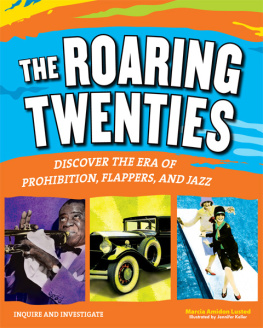

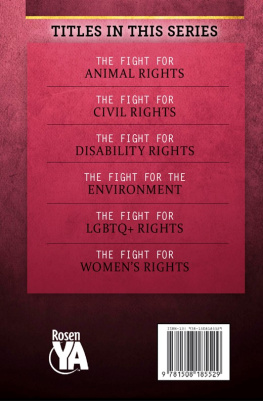
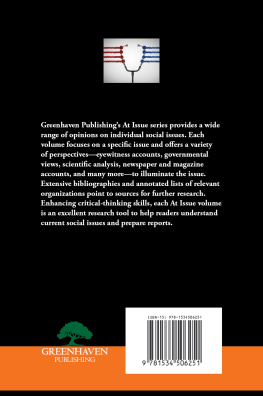
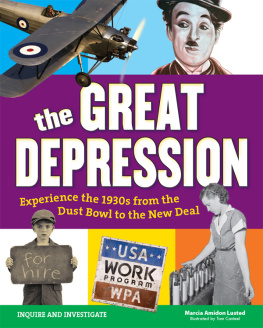



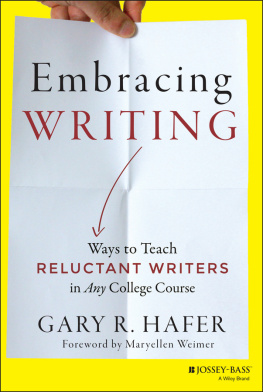

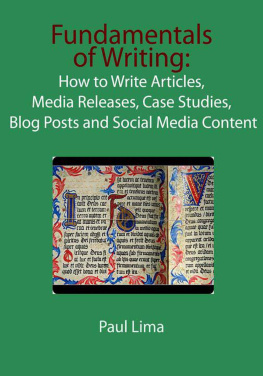

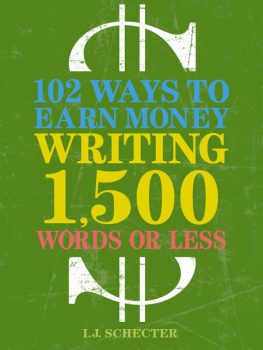
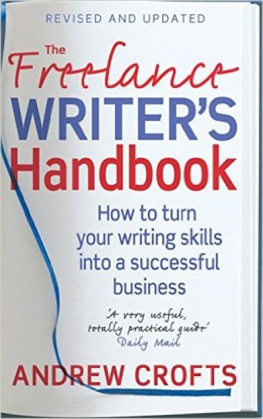




.jpg)


